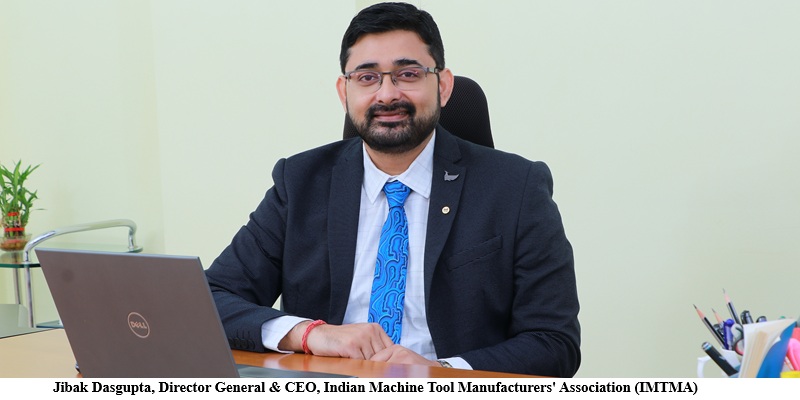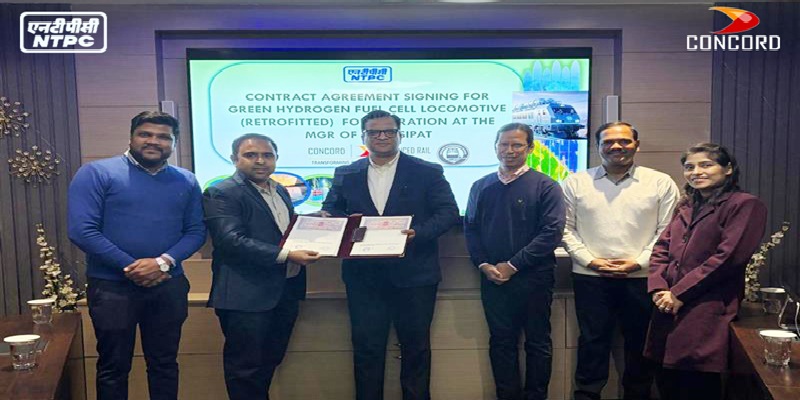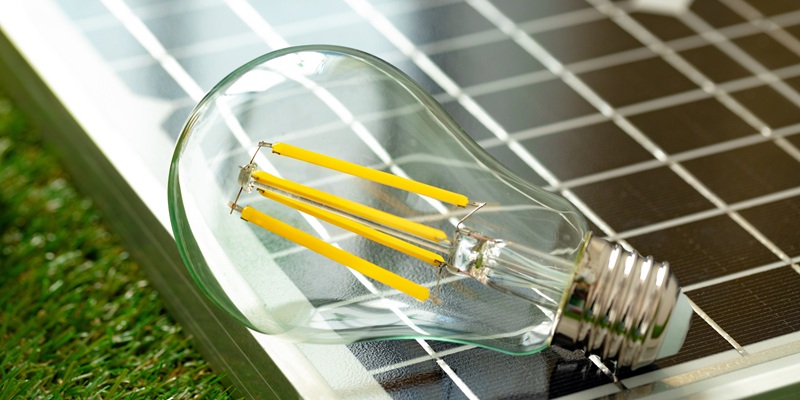Schedule a Call Back
A rundown of the global battery recycling market
 Articles
Articles- Jul 27,24
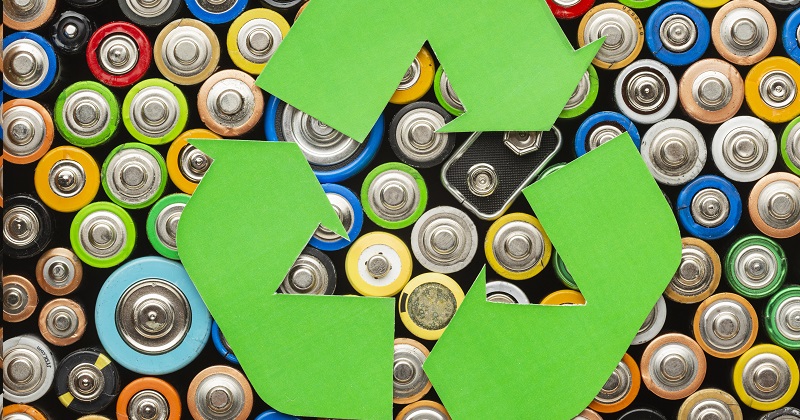
Related Stories

IESA to Launch Vision 2047 Battery Roadmap at IBMSCS 2026
IESA will unveil its Vision 2047 white paper at IBMSCS 2026 in Hyderabad, outlining a strategic roadmap to build a competitive, self-reliant domestic battery ecosystem for India.
Read more
Garuda Aerospace Inaugurates Drone Battery Facility with DGCA Chief
Garuda Aerospace has inaugurated a drone battery manufacturing facility and a new academic block in Chennai, reinforcing its commitment to building a self-reliant and indigenous drone ecosystem in I..
Read more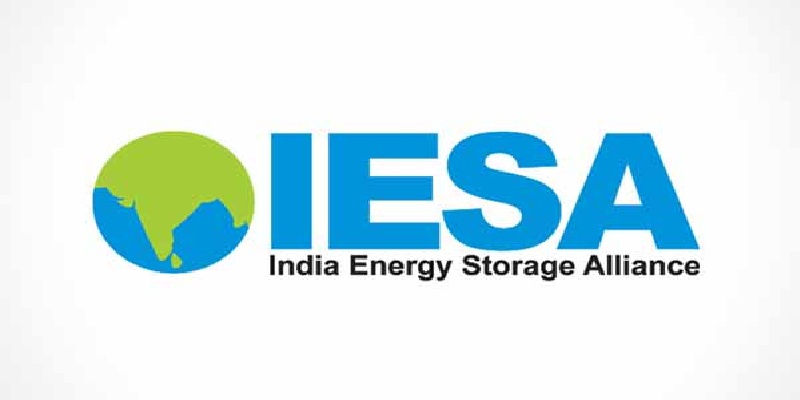
India’s energy storage capacity set for 10-fold surge in 2026: IESA
India’s battery energy storage capacity is projected to rise nearly ten-fold in 2026 as projects move from tendering to execution, marking a pivotal year for the sector, according to IESA.
Read moreRelated Products
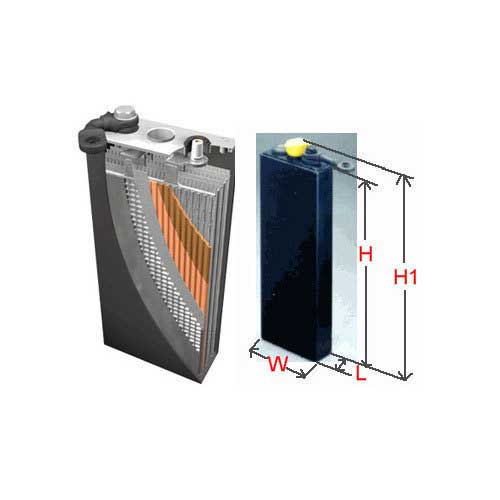
Forklift Battery
Aatous International is a manufacturer and solution provider of a wide range of forklift battery.
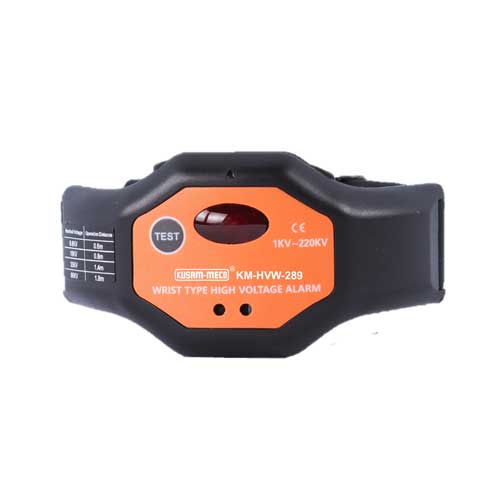
Kusam Meco -Wrist Type High Voltage Alarm
‘KUSAM-MECO’ has introduced a new wrist Type High Voltage Alarm Detector - Model KM-HVW-289 having a wide sensing range from 1kV-220 kV AC.
Servotech Power Systems files 2 patents for energy management technologies
Servotech Power Systems, a leading manufacturer of EV chargers and solar solutions, has announced that it has filed two patents for innovative energy management technologies in order to facilitate gri Read more





